

Symposium II: September 2024 in Germany
02.-06.09.2024 in Stuttgart, Munich, Holzkirchen, Berlin, Hamburg & Neumünster Germany
Following the successful Symposium in Vietnam, a delegation trip was organized for ReBuMat partners to come to Germany and to build upon and expand the previously explored ideas and studies. Participants including the Vietnamese Institute for Building Materials, Hanoi University of Civil Engineering, Ton Duc Thang University, and the Institute of Technology Cambodia came to Germany to dive deeper into the work of German research institutions and pioneers in national and international projects. We extend our sincere gratitude to the organizations and individuals that welcomed us so warmly, offering invaluable insights that opened up fresh perspectives on cutting-edge projects and potential future collaborations.
Visiting the Indoor Testing Labs at Fraunhofer Institute for Building Physics in Stuttgart
Dipl.-Ing. Andreas Zegowitz provided an insightful tour of the simulation laboratories, including the hydrothermal and acoustic testing facilities. Additionally, it was inspiring to learn about the ‘Green Facades’ project aimed at promoting urban biodiversity.
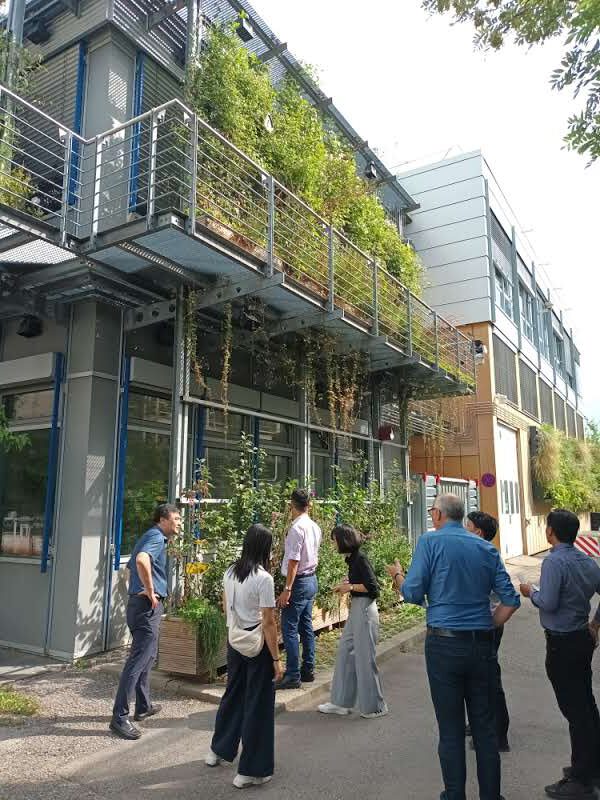
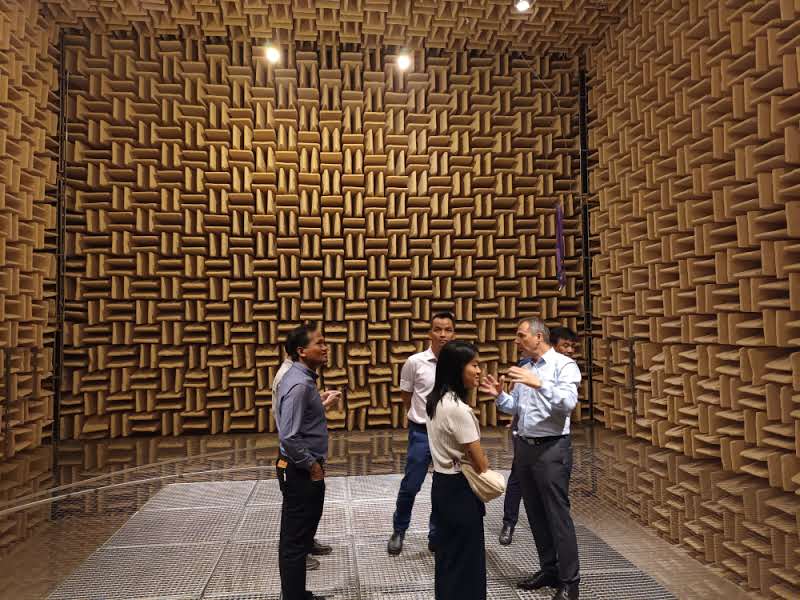
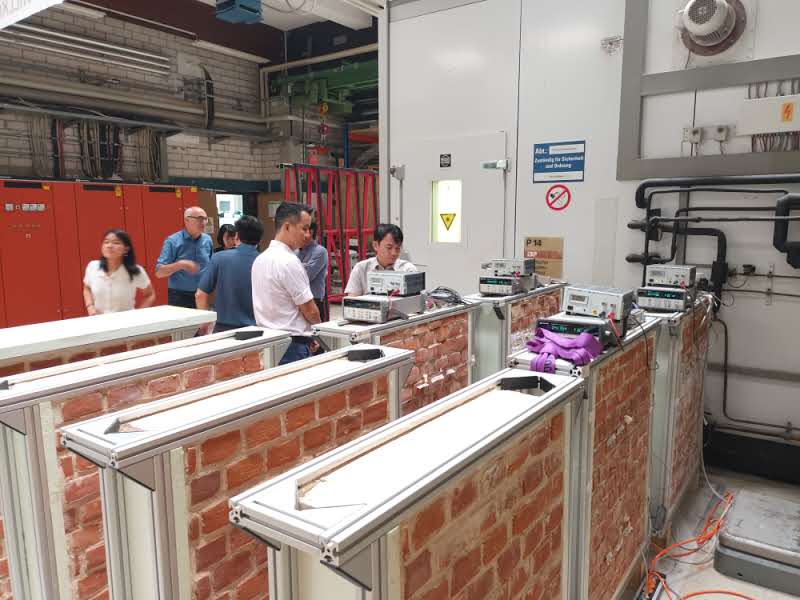
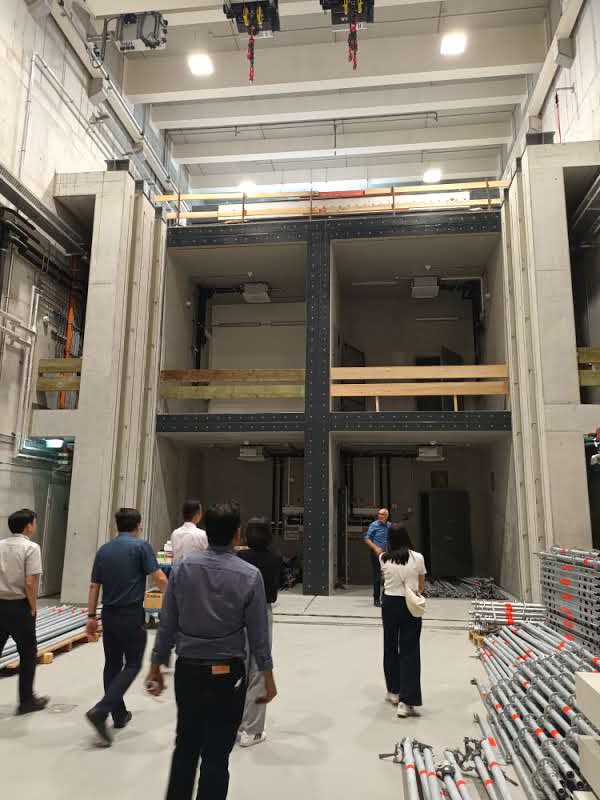
Visiting the Outdoor Testing Site at Fraunhofer Institute for Building Physics in Holzkirchen (Munich)
The delegation then visited Fraunhofer IBP’s research facilities in Holzkirchen, where they were introduced to the institute’s impressive history and research scope. Led by Prof. Dr. Hartwig Künzel and Dr. Simon Schmidt, the tour included a detailed overview of the practical testing fields used for building materials, offering fascinating insights into the institute’s work on advancing sustainable construction
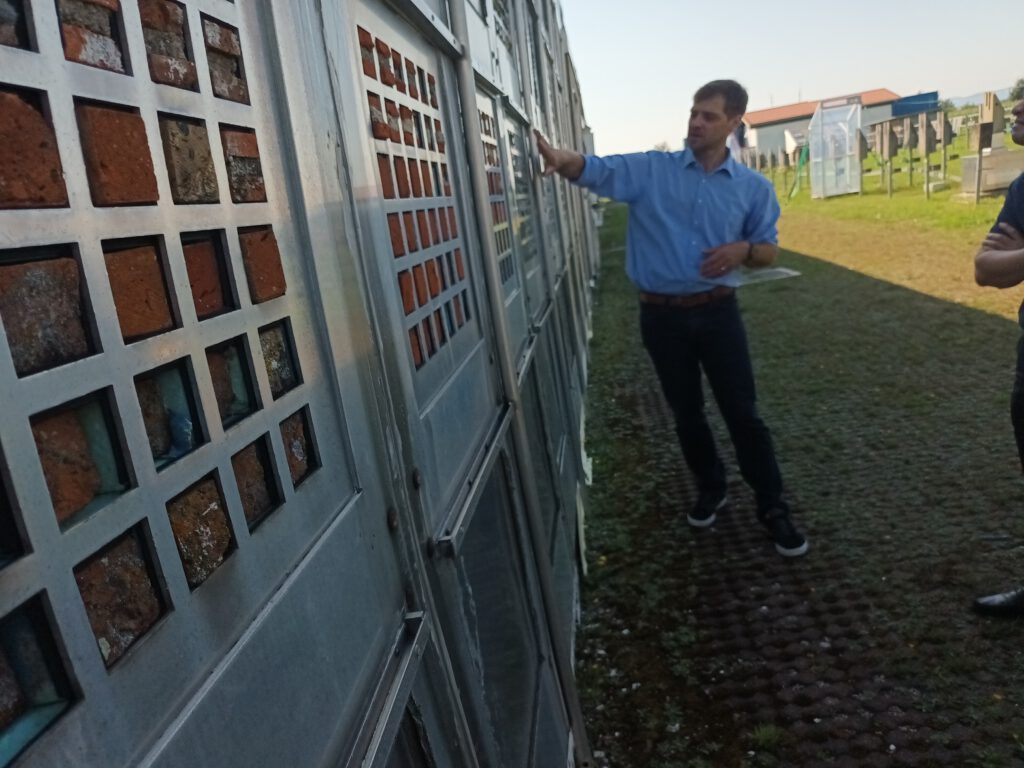
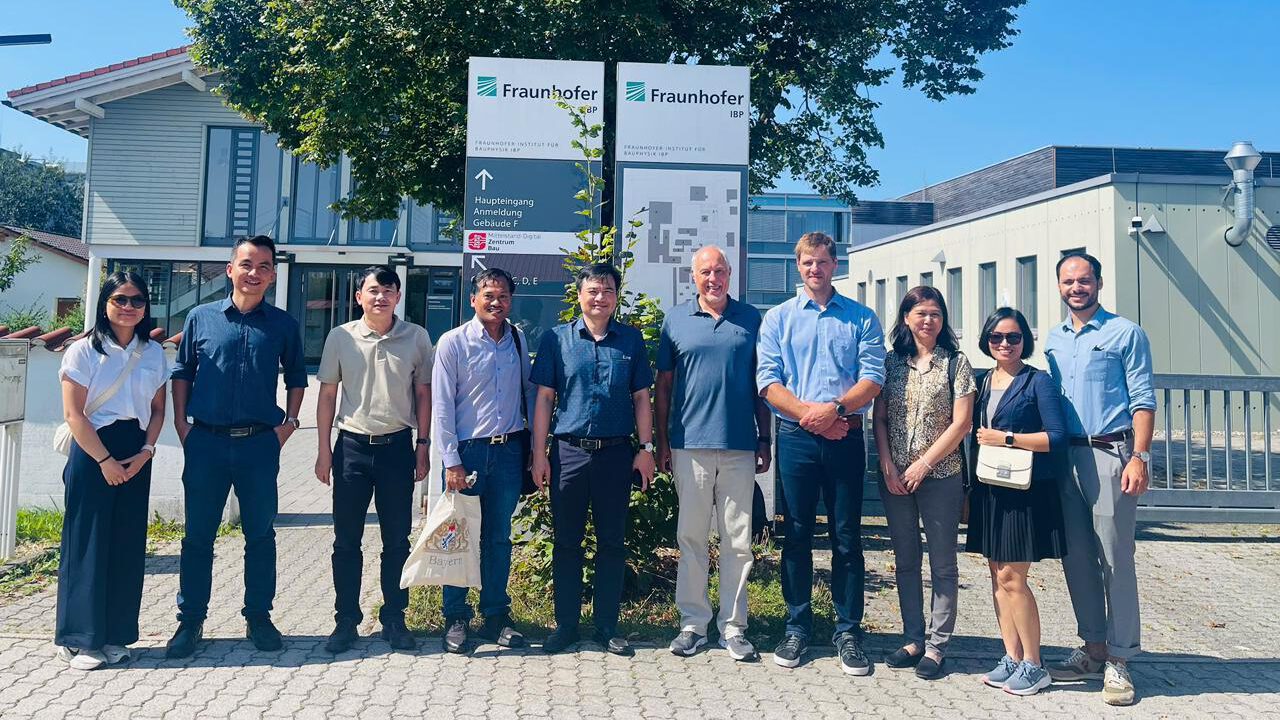
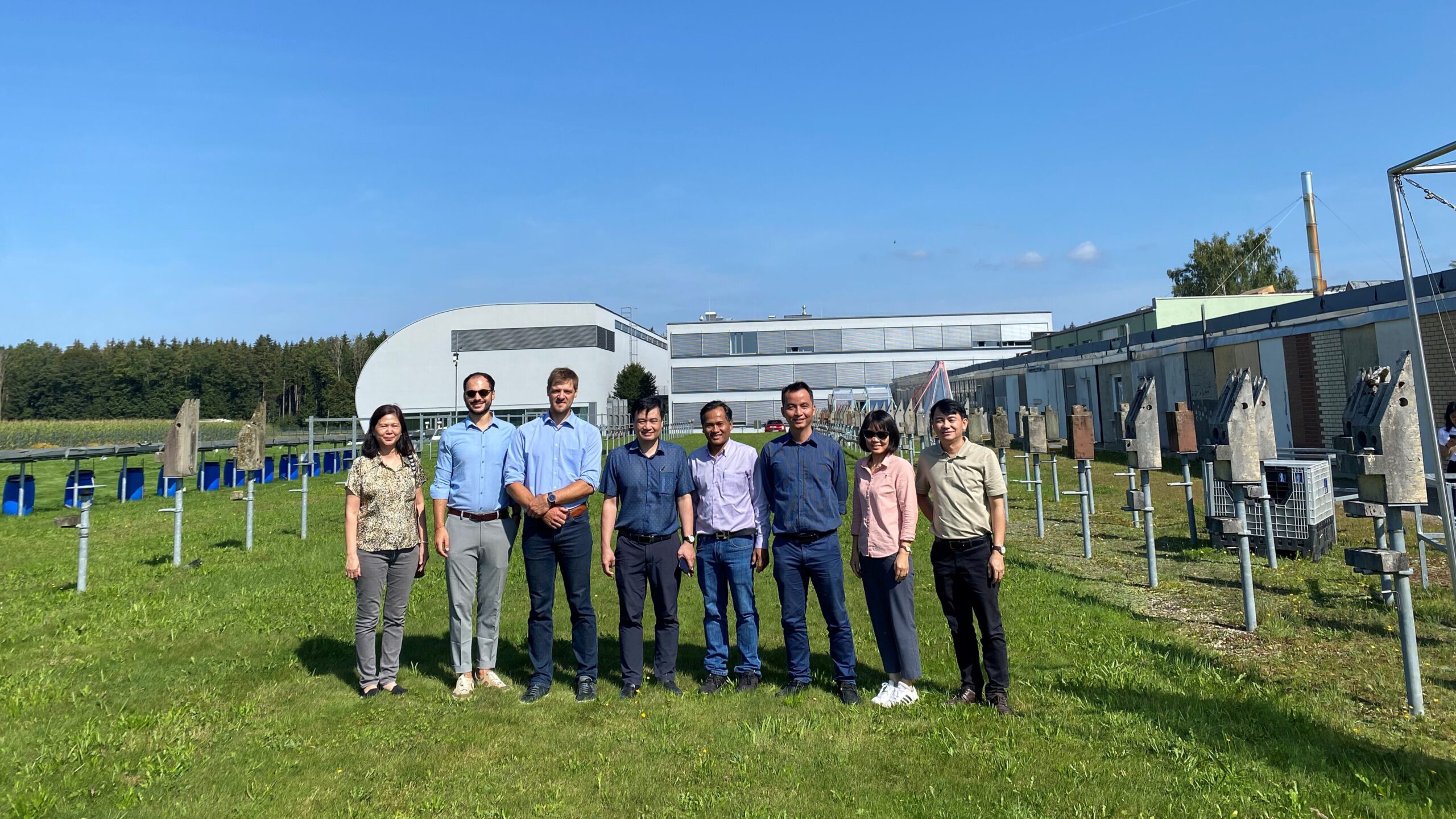
Discovering Bauhaus Earth in Berlin
The team was invited to the ReBuMat partner VIBM (Vietnam Institute for Building Materials) to meet its new President, Dr Quang Hiep Nguyen and learn about recent developments at the institute. Gifts and official invitations for the next conference at the end of the year were presented. The visit also included an interesting tour of the institute’s laboratories to gain a deeper insight into their work and equipment.
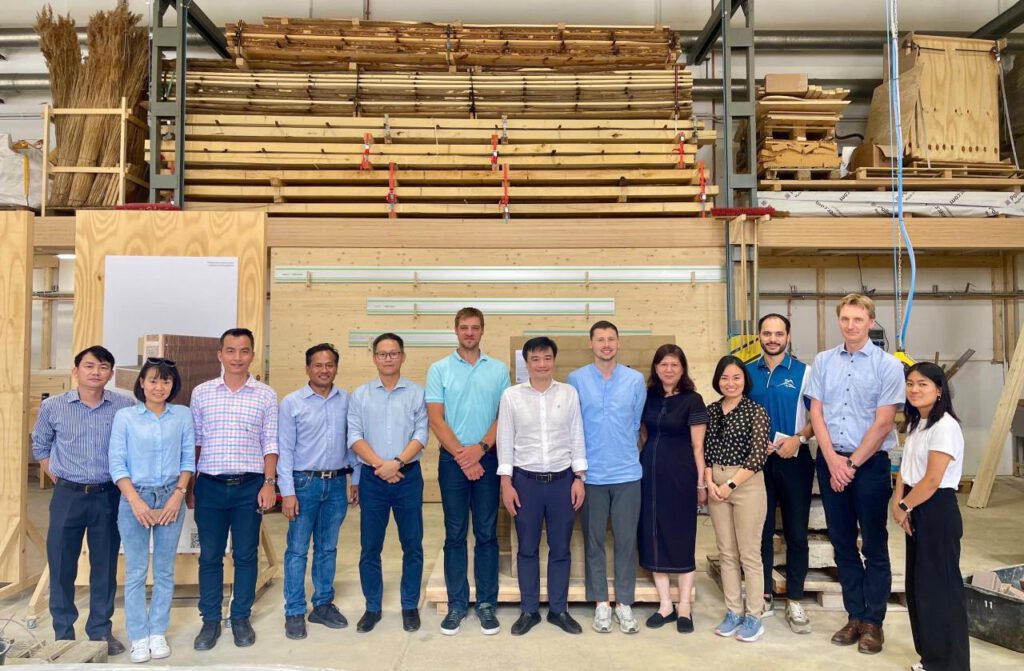
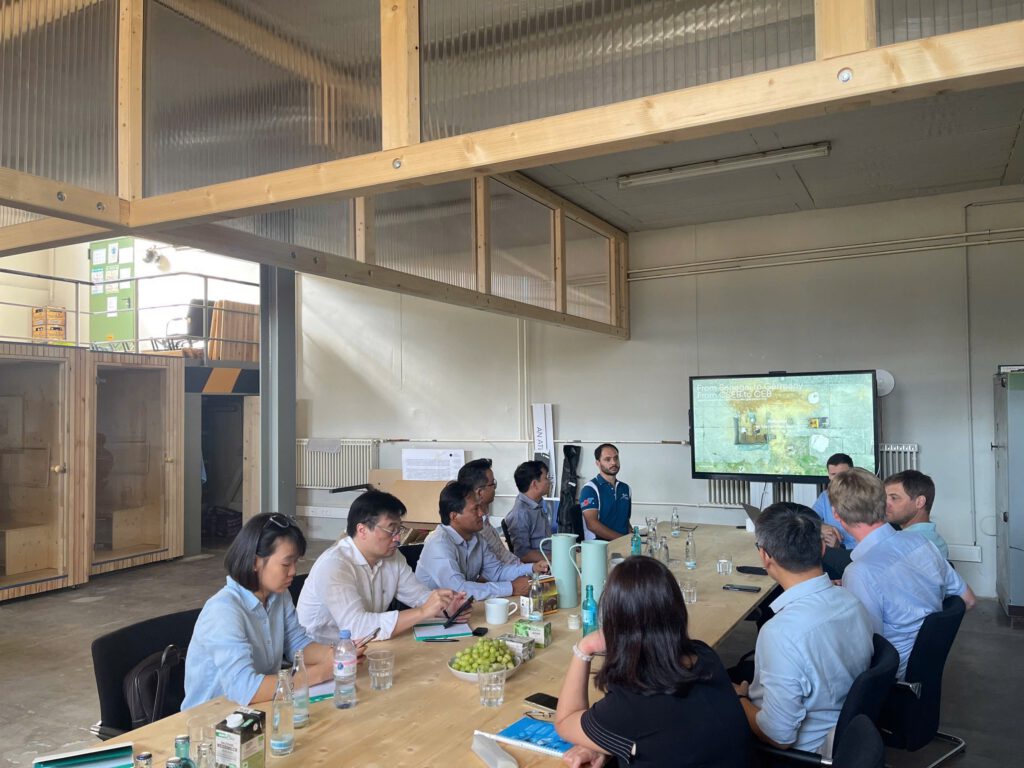
Exploring Green Facades at Technical University Berlin
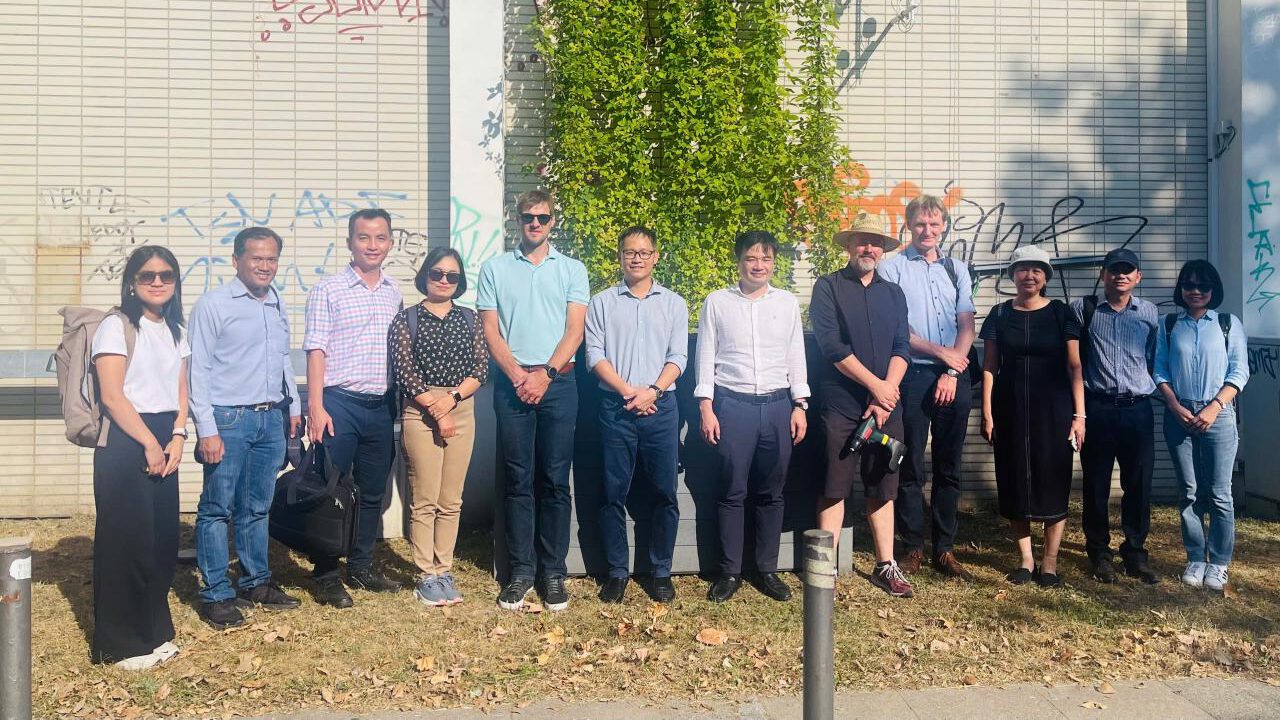
At the Technical University of Berlin, Dr. habil. Thomas Nehls introduced the delegation to his pioneering work on green facades, emphasizing their importance in sustainable building. He guided the group through practical implementations of green wall technology at the university and a nearby school, highlighting how these projects engage students and provide real-world examples of green infrastructure in educational settings.
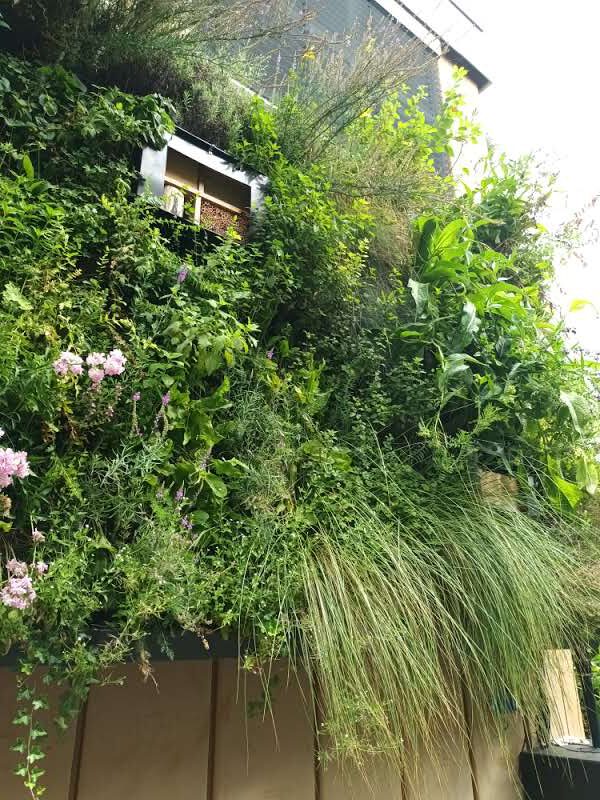
Collaborative Workshop at HafenCity University Hamburg
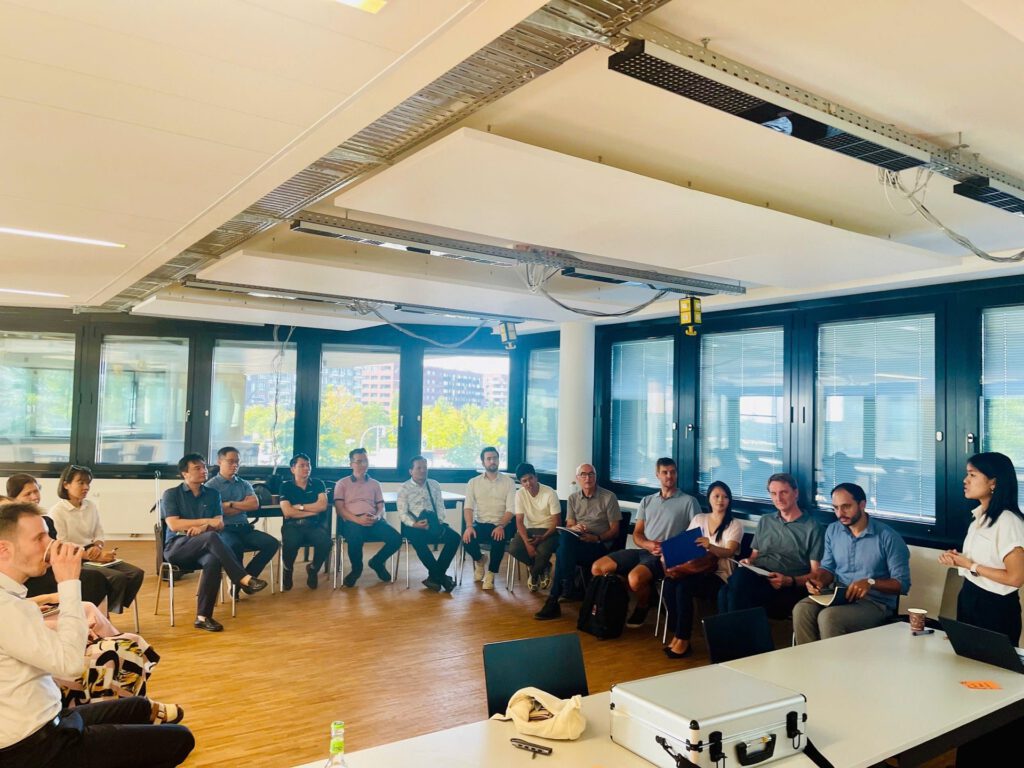
The trip also featured a productive workshop at HafenCity University in Hamburg, where various organizations, including adelphi and HEAT GmbH, came together to discuss collaborative visions for Vietnam’s building sector. Led by Dr. Ravi Jayaweera and Bao Tran, the workshop focused on fostering connections and identifying opportunities for future partnerships, reinforcing the international scope of the ReBuMat project. [The workshop was opened with a series of impulse presentations on diverse aspects such as Just Energy Transition Partnerships (Dr Susanne Giang), the cooperation interests of the VIBM (Dr Song Le), the Asia Low Carbon Building Transition (ALCBT) project (Rohit Nepali), and the results of a previous workshop in Hanoi (Bao Tran). Subsequent discussions in breakout groups followed the themes, project structures, actor constellations and resources of new collaborations. The organisers would like to thank all participants and the HafenCity Universität Hamburg for making this workshop a success.
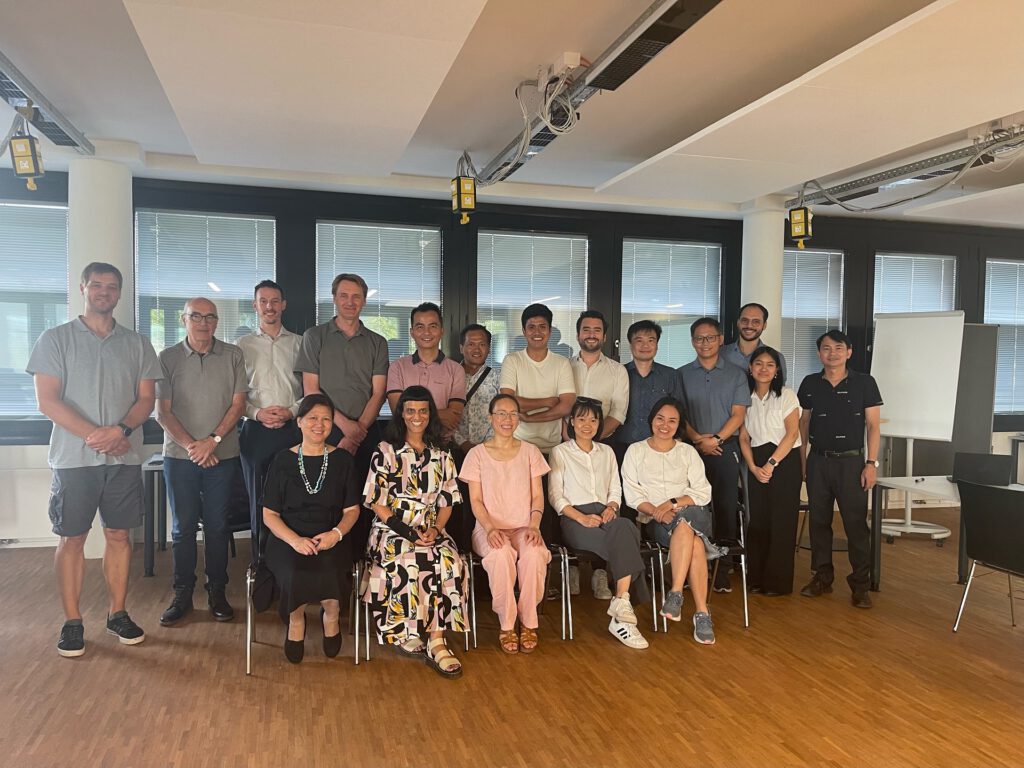
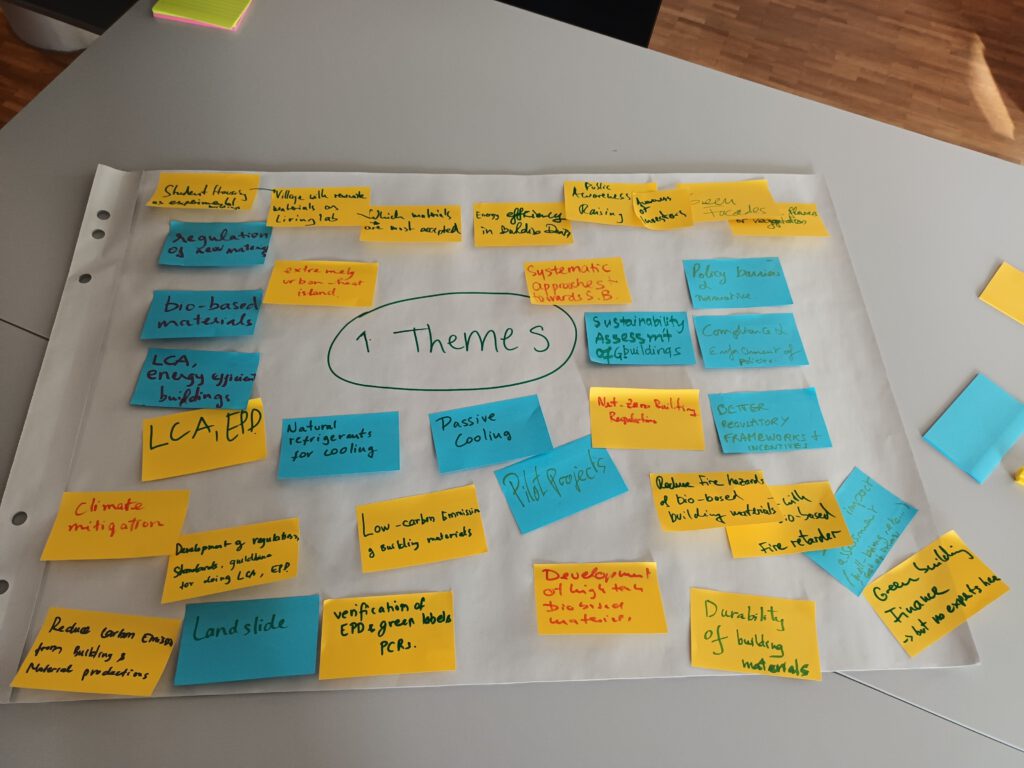
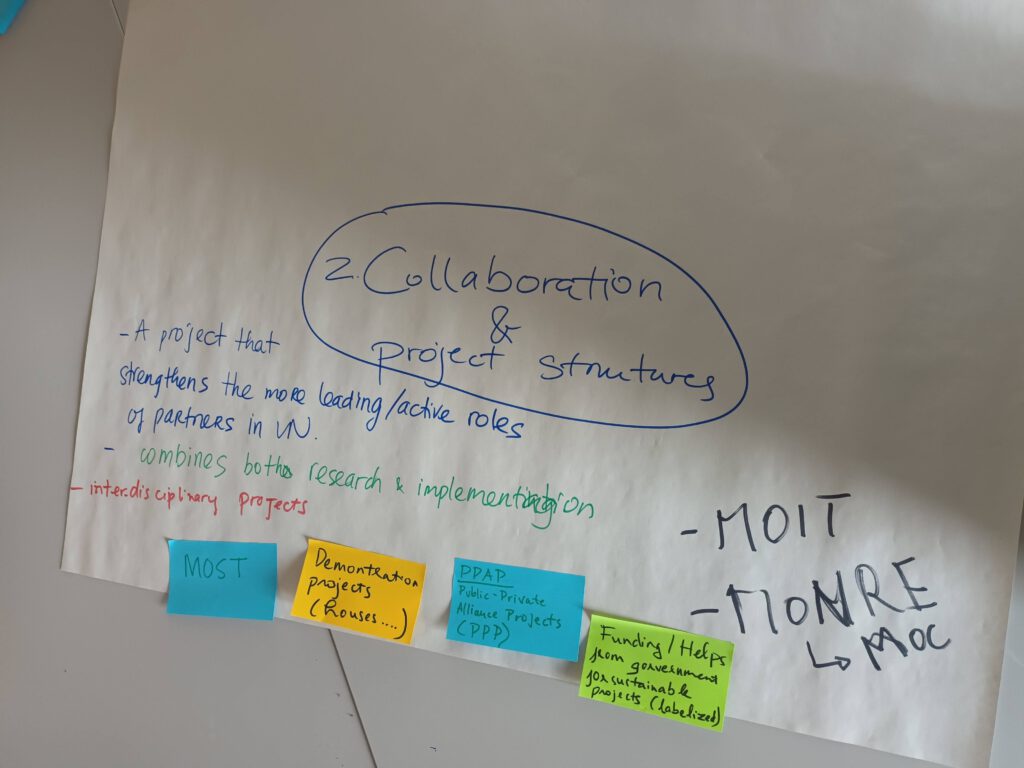
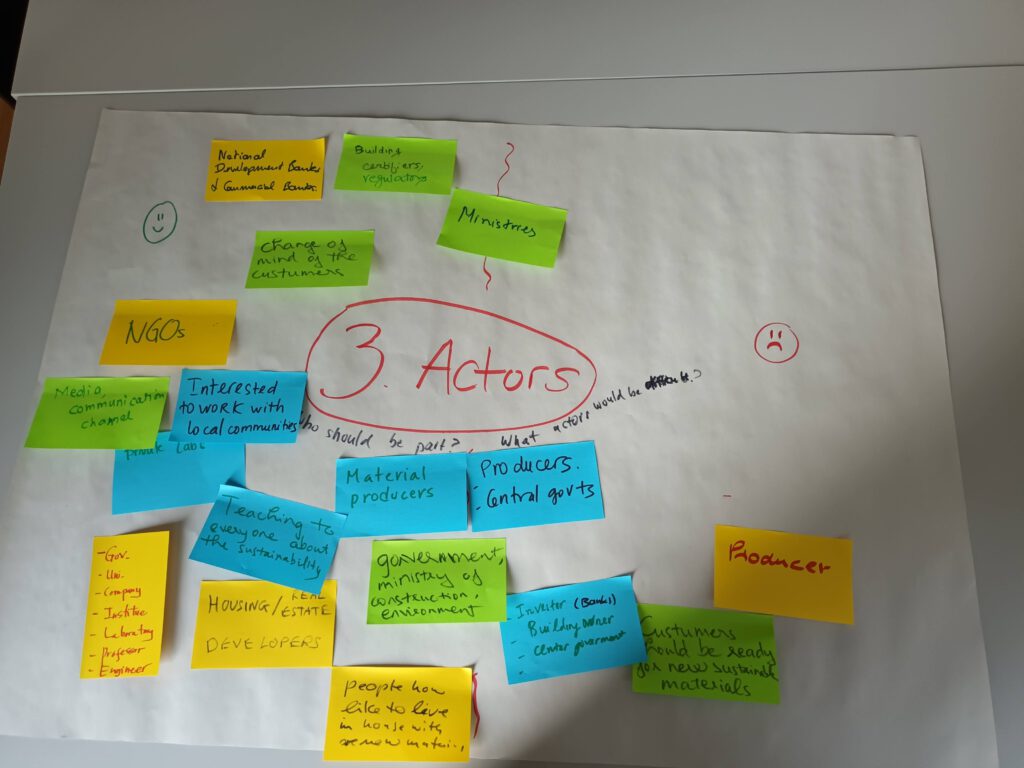
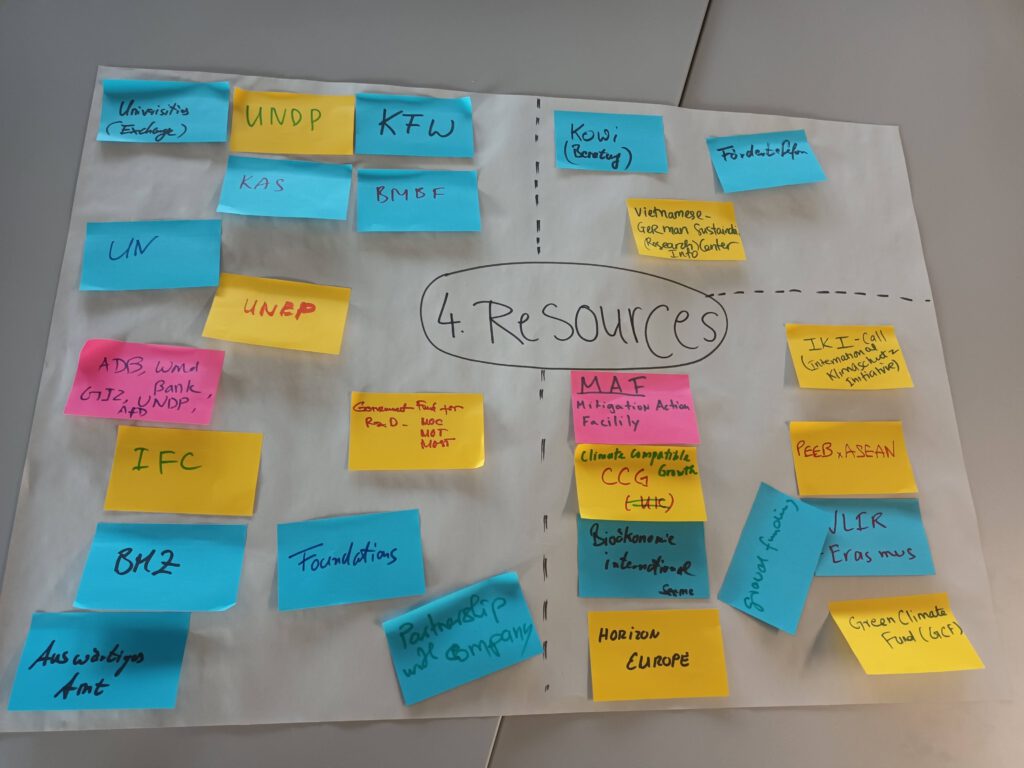
Symposium at NordBau: Spotlight on Sustainable Building
The week culminated with a ReBuMat symposium at NordBau, where external experts such as Michael Burchert from Bauwende e.V. and Marvin Martin from Isopterra shared insights into their groundbreaking projects. The symposium highlighted innovative construction techniques, including straw bale houses and earth brick homes in Ghana, offering exciting new perspectives on sustainable building practices. The Symposium ended with the formal closing of the ReBuMat project.
In summary, the delegation’s journey through these diverse institutions and projects proved to be immensely enriching. It sparked new ideas, strengthened international ties, and reinforced the importance of continuing German-Vietnamese cooperation in the realm of resource-efficient building. While the ReBuMat project nears its conclusion, the network and knowledge developed during these collaborations will undoubtedly endure.
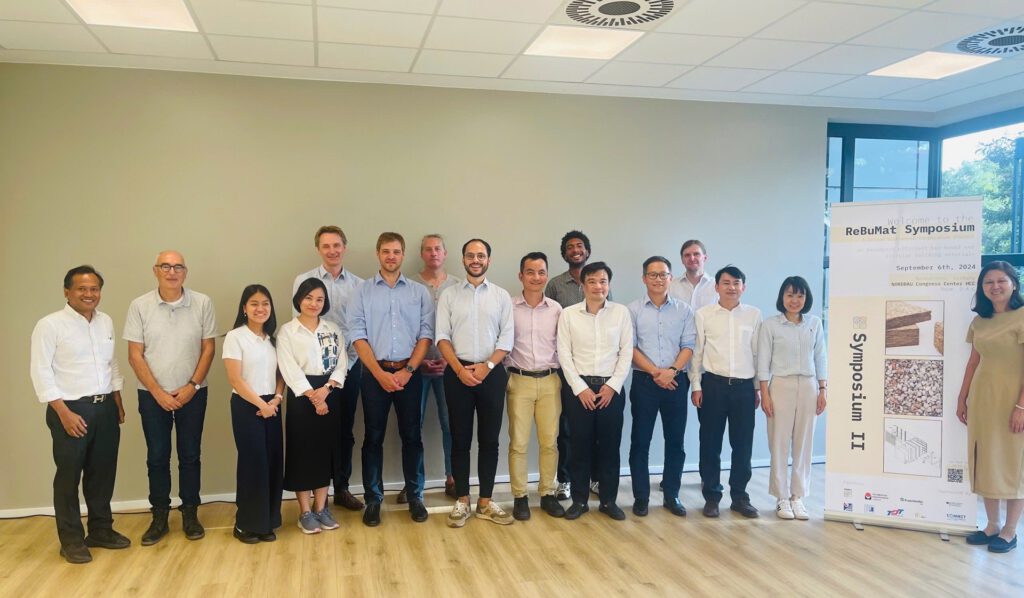
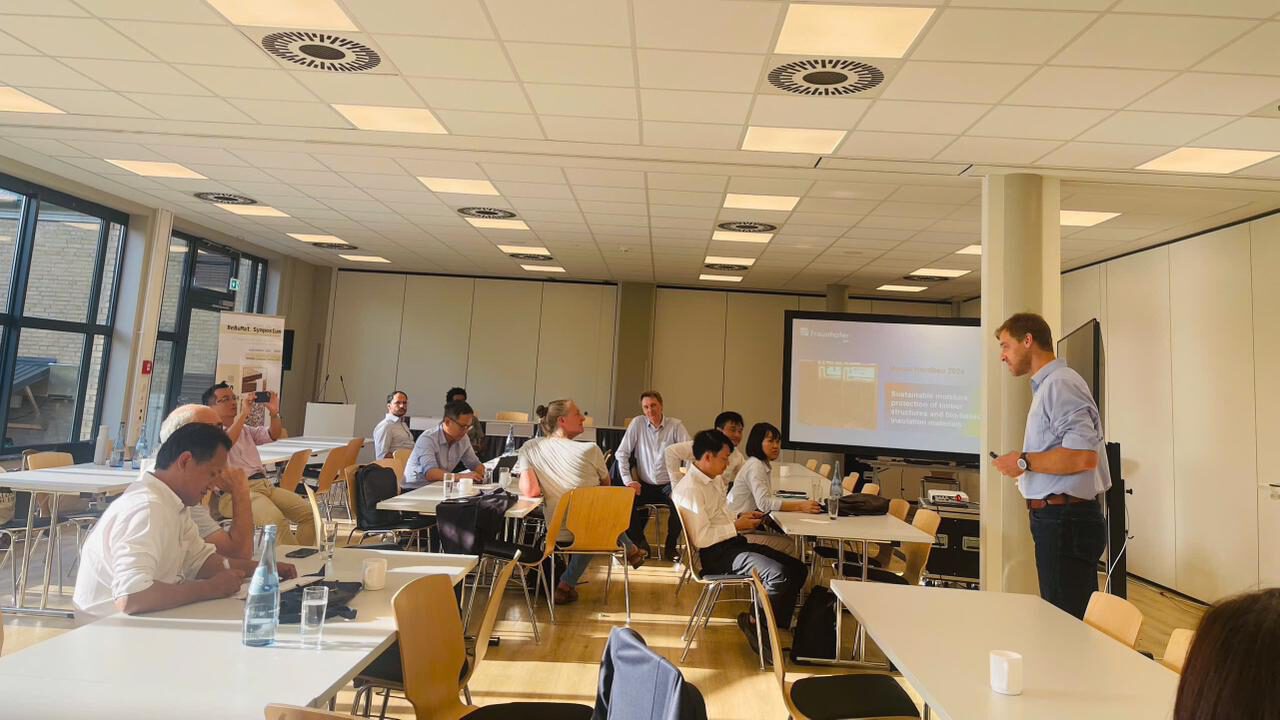
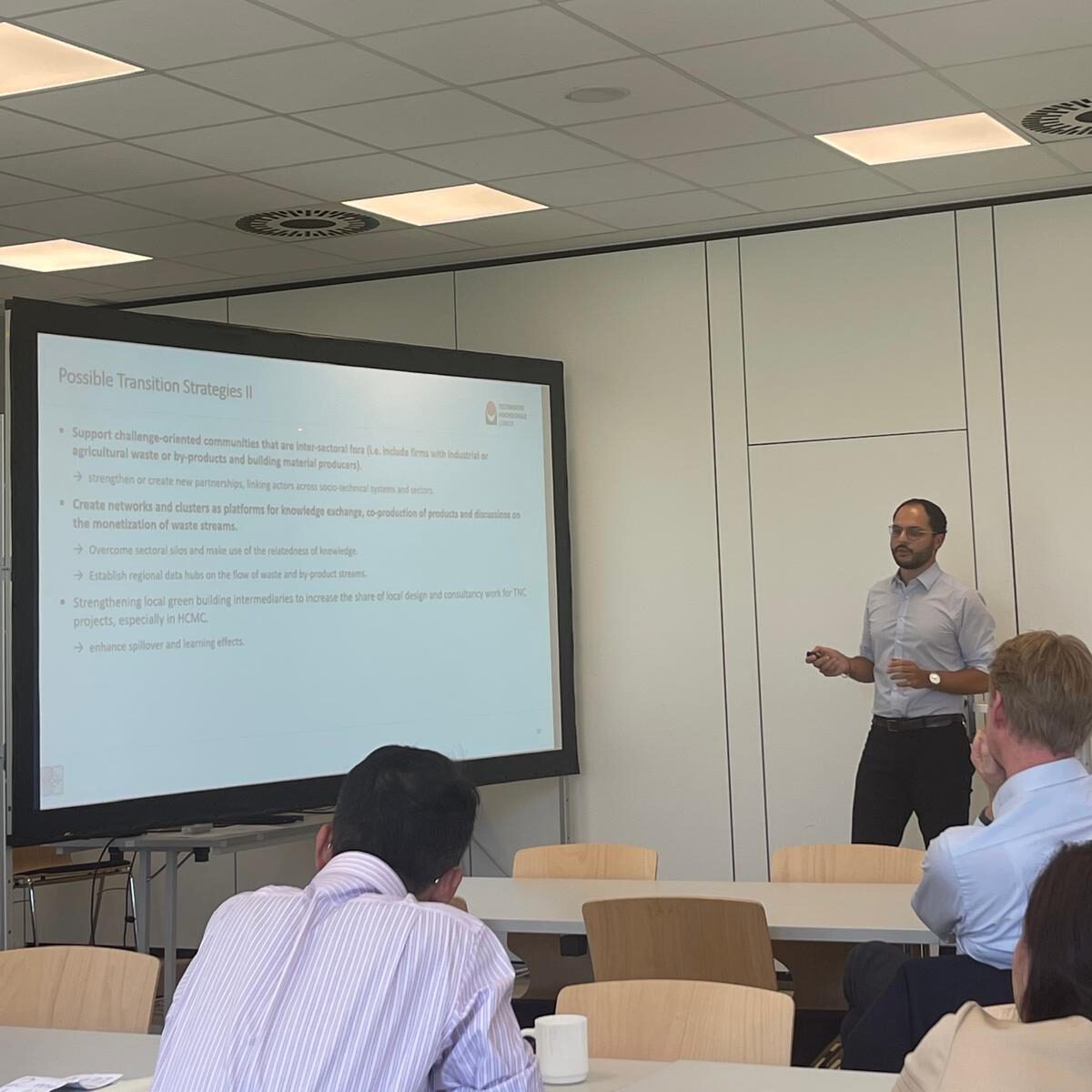
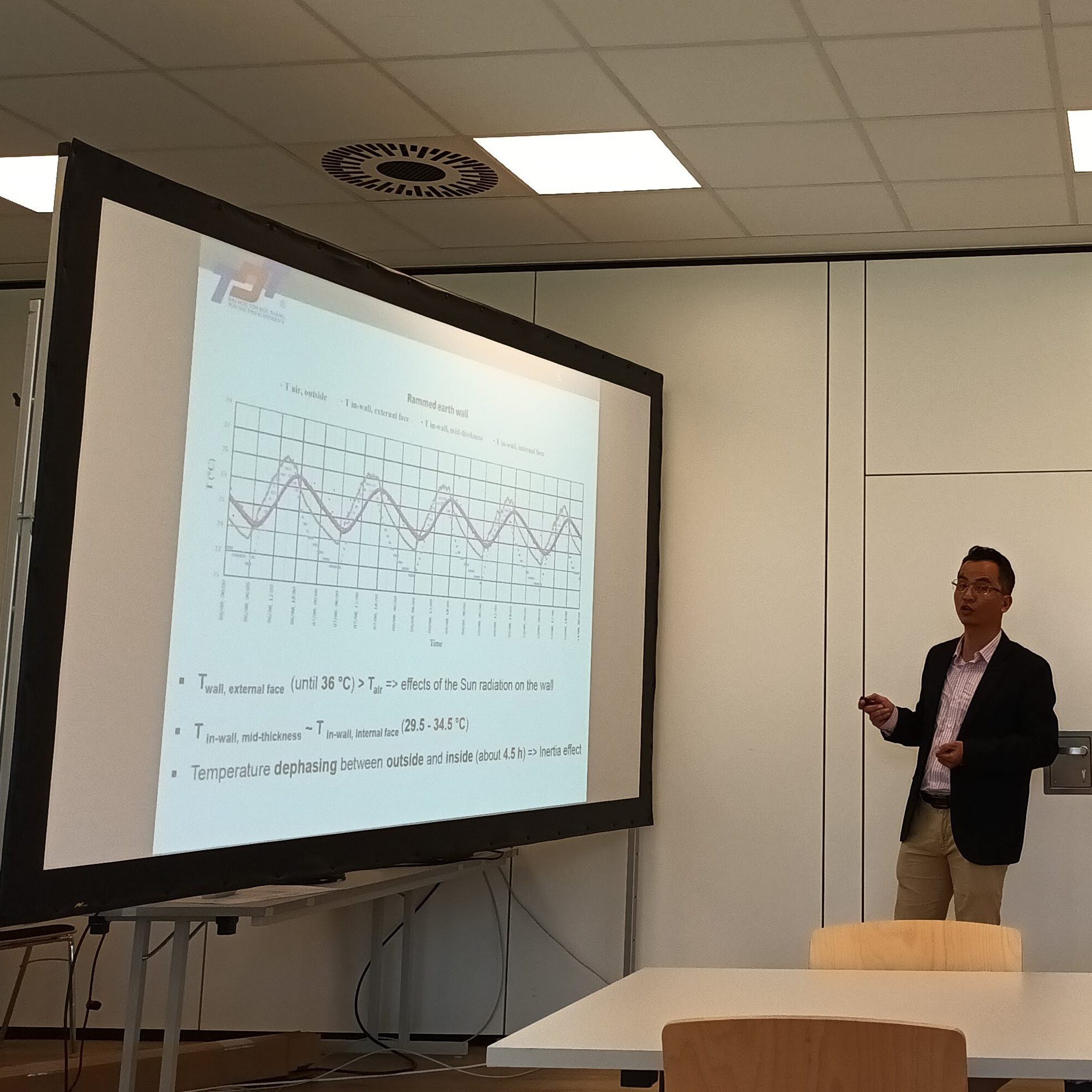
Pictures: Dr Song Le, Dr Ravi Jayaweera, Bao Tran & Team